Sue Ollerhead, Lecturer (Languages Education), Macquarie University, Australia
Shepi Mati: Lecturer (Radio) Rhodes University, South Africa
Monica Hendricks: Director: Institute for the Study of English in Africa, Rhodes University, South Africa
***
Editor’s note: In this latest contribution to our series of language aspects of the COVID-19 crisis, Sue Ollerhead, Shepi Mati, and Monica Hendricks ask whether laughter is the best medicine to deal with the hardships of the pandemic in multilingual South Africa. The call for contributions to the series continues to be open.
***
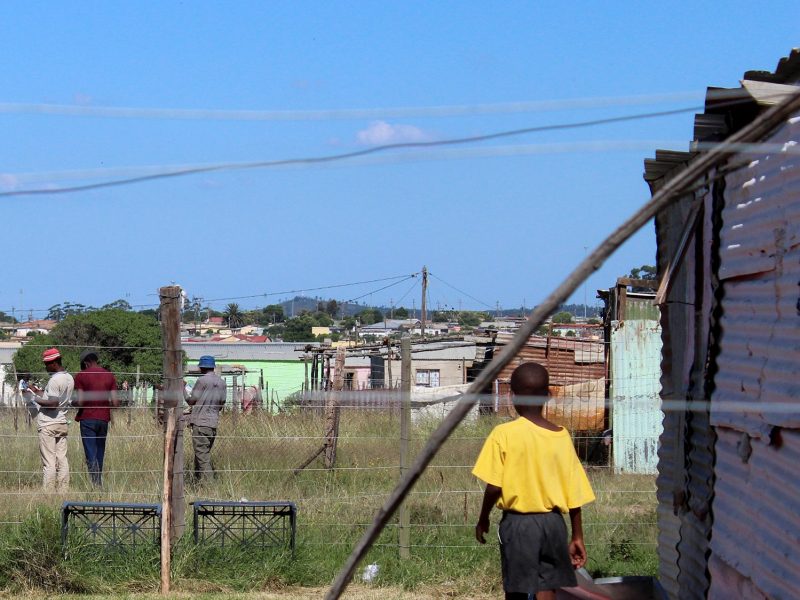
South Africa’s hard lockdown during the Covid-19 pandemic has hurt its poorest citizens the most (Image credit: Sue Maclennan)
Like many developing countries around the world, South Africa faces serious challenges in the face of the Covid-19 pandemic. With one of the world’s largest disparities in living standards, the country is especially vulnerable to infection spread in its densely populated ‘informal settlements’ (some argue that the term ‘informal settlement’ is a sanitization of the harsh reality of shack settlements or imijondolo, a Zulu term meaning ‘a temporary house built from any material’).
The government’s swift imposition of a hard lockdown, enforced by the police and military troops, has already inflicted grave damage on the national economy and led to widespread hardship among the marginalized poor. Yet why is it that, despite having many reasons to despair, South Africans appear to be responding with humor to a situation that poses an existential threat?
One does not need to look very far in South Africa to find an amusing meme, video-clip or joke leveled at the Covid-19 crisis. Many citizens have taken to Twitter, Facebook and Whatsapp to post parodies of prominent politicians, or cleverly worded puns, integrating two or more of South Africa’s eleven official languages with isiCamtho, a dynamic multilingual form spoken mostly by urban youth. Among Xhosa-speaking South Africans, the term lockdown has been transmuted into the homophone lokhwendala, meaning ‘an old dress’.
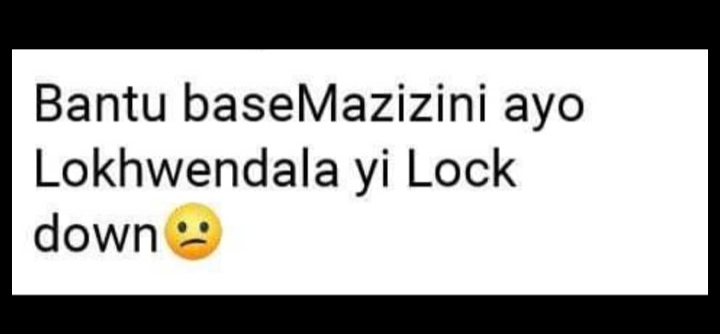
A Xhosa meme: People of Mazizini (a village in the Eastern Cape province), this is not an old dress (lokhwe – dress, endala – that is old) but a lockdown
Could it be that through “Xhosalising” the term lockdown, South Africans have been able to reframe the government’s draconian shelter in place strategy, which has seen 57 million people confined to their homes for seven weeks, the banning of liquor and tobacco sales and a heavy military presence, as a colloquial, rather pitiful object of satire, thereby diminishing its psychological power?
Some commentators suggest that using humor during a crisis allows South Africans to resist or reframe official government policies that they deem untrustworthy. Another particularly popular series of memes shared via Whatsapp parodies the regular official television addresses made by South African president Cyril Ramaphosa, in which he updates the nation’s citizens about the country’s latest lockdown measures. While initially imposed for a two-week period, the government has had to extend the lockdown period at regular intervals, severely curtailing the way South Africans work, socialize, commute, and learn.
In this meme, originally published in Sesotho, and thereafter in isiXhosa the creator writes: “At the end of April, if I hear “Fellow South Africans” I will switch off my TV and say I didn’t hear him.” The meme is a wry commentary on the fact that when Ramaphosa uses the English words “Fellow South Africans”, people should interpret them as a cue that further (and harsher) lockdown measures are imminent. The writer cynically suggests that switching off one’s radio or television on hearing these words may absolve them of their duty to obey further lockdown measures.
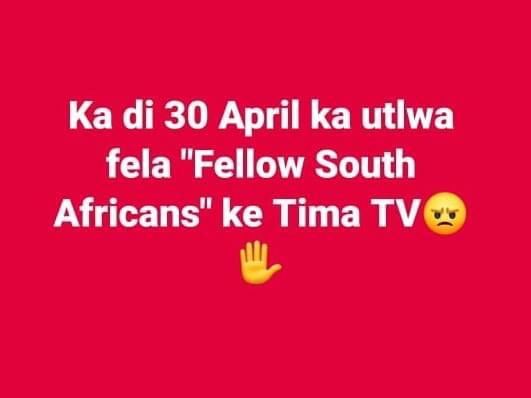
A Sesotho meme: On the 30 April, if I hear “Fellow South Africans” I will switch off my TV
When Ramaphosa appeared on television with his official spokesperson Khusela Diko to announce a third extension of the lockdown, bringing it to nine weeks in total, the public noted that the term “Fellow South Africans” had been replaced with the term “Dear compatriots”. Social commentators joked that this was a shrewd move on Ramaphosa’s part to hoodwink the nation into not turning off their television sets. The meme below is published in a mixture of isiZulu, English and isiCamtho.
Through including isiCamtho, the commentator comically reframes Ramaphosa’s official discourse into language frequently spoken by streetwise urban youth, thereby reducing his status from President to ‘one of the people’. This appropriation of official government communications resonates with the concept of radio trottoir or pavement radio, a term coined by Stephen Ellis in 1989 to refer to the popular and unofficial discussion of current affairs within a community. Radio trottoir has its roots in widespread oral traditions found across Africa.
On a more serious note, this meme could also be interpreted as a sociolinguistic commentary on the way in which language has been used for official communications during the pandemic in South Africa. Despite receiving much public praise for his management of the pandemic, Ramaphosa has also been criticized for the fact that his government has delivered most official communications about the pandemic in English. In this country of eleven official languages, English is often used as the primary language in state discourse, yet it is the first language of only 9 per cent of its population, comprising the largely wealthy, white upper-middle class.
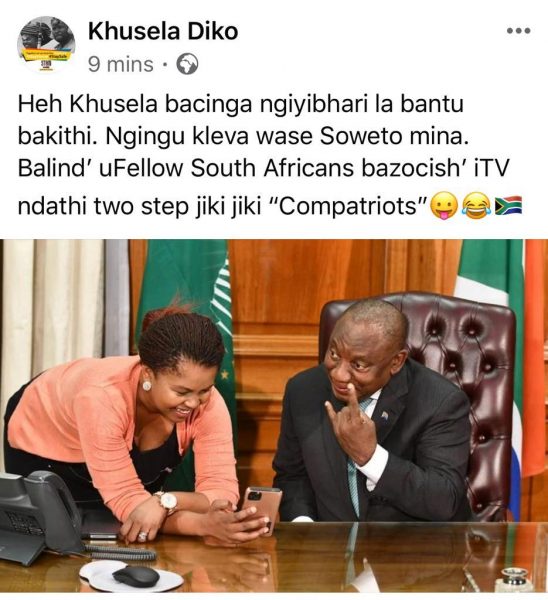
Meme published in isiZulu, English and isiCamtho: Hey Khusela our people think I am a country bumpkin. I’m a smart guy from Soweto. They were waiting for “Fellow South Africans” so that they could switch off their TVs. I did a u-turn instead and said “Compatriots”
As the consequences of the pandemic are undoubtedly more likely to be suffered by the poor and marginalized living in shack settlements, many argue that official announcements regarding Covid-19 should be made in at least two African languages, including an Nguni language (alternately isiZulu and isiXhosa) or a Sotho language (alternately Setswana and Sesotho). There is widespread sentiment that those who do not have a strong command of English should not have to rely on second-hand reporting of crucial announcements in their home languages. Furthermore, the act of saying important things in any African language by leaders signifies that African languages matter, as well as the people who speak them.
In South Africa, issues around language choice and representation are inextricably linked to issues of race and inequality. In one of the most unequal societies in the world, where the white, predominantly English-speaking population continue to hold the majority of the country’s wealth, language use seen as favoring this population can cause division and even resentment, especially in times of heightened national crisis.
During these unprecedented times, public discourses play a powerful role in shaping the opinions and actions of a nation’s citizens. Among urbanized, mobile and digitally literate South Africans, radio trottoir appears to have harnessed the power of humor to stare down the social and material consequences of the Covid-19 crisis. Could memes go down in the archives as one of South Africans’ best defenses against a pandemic?
Reference
Ellis, S. (1989). Tuning in to pavement radio. African Affairs, 88 (352), pp. 321- 330. https://doi.org/10.1093/oxfordjournals.afraf.a098185

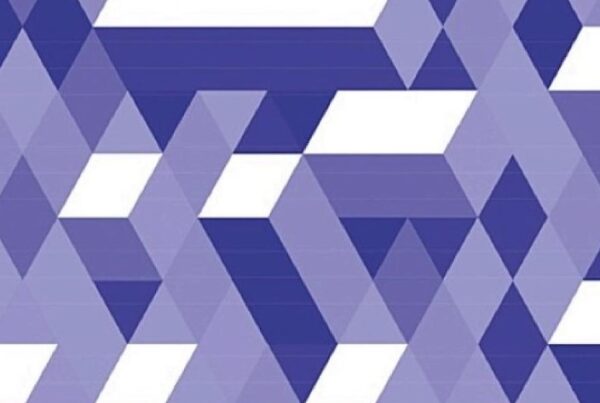
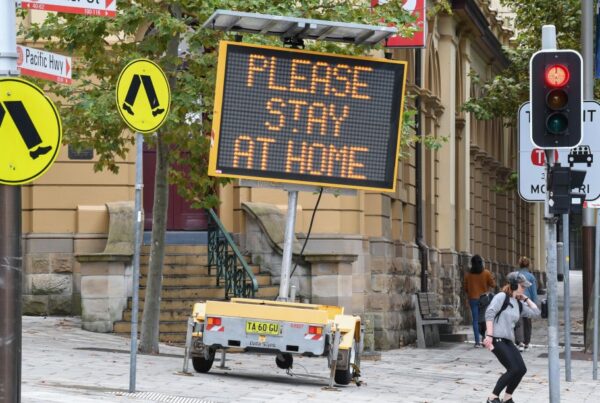
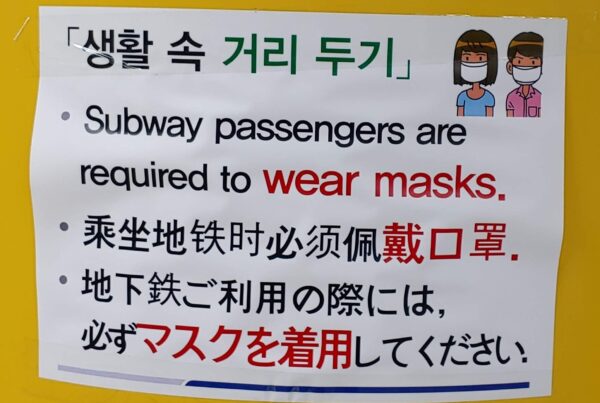


 This work is licensed under a
This work is licensed under a
The situation in South Africa really similar to my home country, thailand, such having a very strict curfew—and we, Thai, makes fun of our government (too) as they act as if virus has an operate time only during the day, or hearing funny phrase from the goverment’s leader—in my case, it is ” thailand will win” and we make fun of him because he is too much of a soldier to think that everything is a war. I totally agree in adding more languages in signs, notice or anything that give out information about the covid-19 as this disease is not about classes but all human beings.
Thanks for bringing our attention to the multilingual South Africa! It’s interesting to read the multilingual humors raised from below as against English circulation from above!
I really enjoyed reading this account of how the practice of sharing official communications in an elite language can be effectively challenged through humour. Popular critical discourse analysis at its best 🙂
The discussion of the gap between having 11 official languages but using them in different and unequal ways reminds me of the excellent book by Janny Leung https://global.oup.com/academic/product/shallow-equality-and-symbolic-jurisprudence-in-multilingual-legal-orders-9780190210335?pubdateyearfrom=2016&submitAdvSrch=Search&lang=en&cc=us
Leung discusses issues just like these and suggests (to greatly simplify one of her arguments) that languages are given official status for a number of sociopolitical, symbolic reasons, and that this does not necessarily equate to their equal use in official domains, nor the equal linguistic participation and access of all speakers within these domains.
Dear Ingrid
On the 50th anniversary of General Anders passing I thought you might appreciate this article that appeared yesterday at the British Library
https://blogs.bl.uk/european/2020/05/general-w%C5%82adys%C5%82aw-anders-a-soldier-politician-and-patron-of-culture.html
Best wishes
Paul
There’a a double or triple whammy at play in South Africa’s language soup, religiosity and the peerless sense of humour of its broad minded people. I nearly died laughing on hearing these while pining for a drink or two to wash down a cordon bleu or quiche Lorraine among friends in Joburg:
IS LIFE WORTH LIVING MY SON? IT DEPENDS UPON THE LIVER REVEREND!
A JOKE OR TWO WITH A RELIGIOUS CONNOTATION – KEEP YOUR HAIR SHIRT ON
LUSH: ‘Well is it with him who drinks’ (slurred drooling) ‘from the fountain of everlasting life.’
(Please note friends that a modern rendering of LUSH as a slang noun is a male OR female drunk)
As penned in Matthew’s 26th chapter of the holy Bible, it came to pass at the Feast of Passover just after the Last Supper: He prayed profoundly with the disciples in the Garden of Gethsemane.
40 And he cometh unto the disciples, and findeth them asleep, and saith unto Peter, What, could ye not watch with me one hour?
41 Watch and pray, that ye enter not into temptation: THE SPIRIT IS WILLING BUT THE FLESH IS WEAK.
Prior to the bridge-language Esperanto-rendition of the New Testament appearing in 1912 this oft-cited Christian proverb capitalised by this one time imbiber was at times lost in translation in South Africa as: the wine is good, but the meat is off.